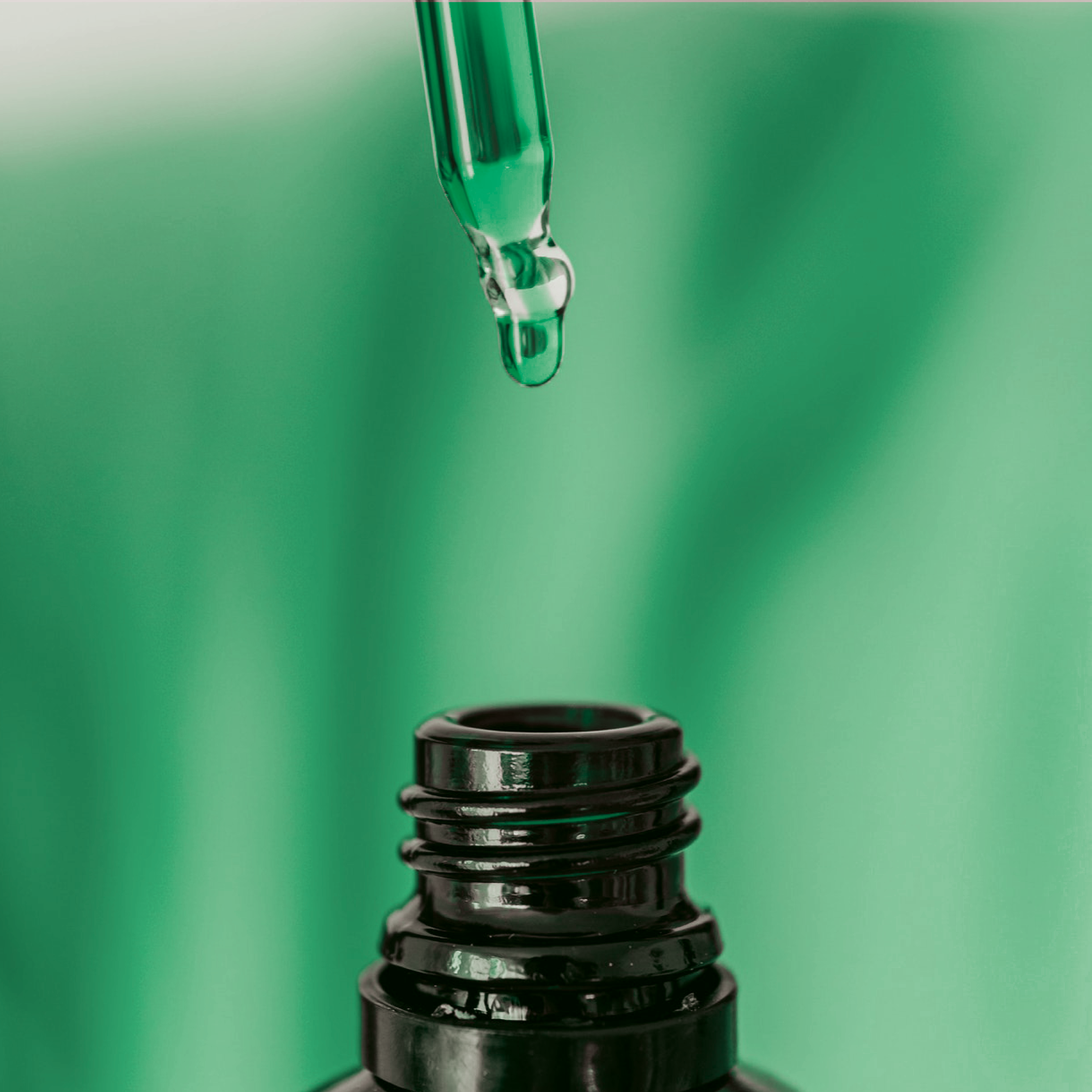I want to work in the medical communications industry
Posted about 4 years ago by Rebecca Thomas
The global clinical communications market is anticipated to grow by 18% by 2027 and with the global pandemic increasing awareness and the visibility of the medical industry, we anticipate more people to become interested in joining the medical communications sector.
What is med-comms?
Medical communications is a unique sector, where you are more likely to join a specialist agency than work in-house.
As careers go, it can be a highly rewarding sector as your work will have a direct impact on helping brands to raise awareness of therapies and medical devices which can benefit and transform people’s lives.
Because pharmaceutical and medical brands typically go through agencies to communicate their products, a wide range of roles are on offer including account management, medical writing, design, web/mobile application development and marketing with a range of unique purposes from medical education to public relations and branding.
What are employers looking for?
Medical communications has one large barrier to entry, which means it may not be for everyone.
Often employers are looking for people who have some kind of knowledge of the medical sector, because you will be handling a lot of technical and scientific jargon day to day. This knowledge normally comes from a degree (PhD, MD or BSC as a minimum) in a science or medical subject. Alternatively if you have gained substantial experience working with medical, healthcare or pharmaceutical brands in an agency environment as a senior figure such as an Account Manager, Account Director or lead designer, this too may be considered.
Outside of this, employers are looking for similar as most agencies. So, strong presentation, project management, creative, writing and networking skills to name a few are key, where experience in writing for publications is a huge bonus!
What roles are in demand?
Digital marketers and developers
An automatic assumption about the medical sector is that they are at the forefront of the latest technologies and innovations, but this is not necessarily the case.
Historically the medical industry has come under fire for relying too much on traditional communication channels (e.g in person events). With 2020 putting pressure on businesses to become more digitally focussed to compete, demand for digital skills across the medical communications industry has increased, boosting demand for specialist digital marketers and digital designers.
With digital transformations anticipated to provide a stimulus for industry growth moving forwards, demand for web developer skill sets is also becoming increasingly in demand. Med-comm agencies look for ways that digital can be improved including what CMS will be best utilised. In doing so, this is a huge digital transformation for any business to undertake which lots additional support needed from development, content specialist, migration and administrator talent.
Strategic account handlers
Because the industry is so competitive, demand for account handlers and managers who are able to think and act at a strategic level is high. We’ve found that med-comms agencies require someone with the right medical industry experience to help, as the language and industry is so vastly different to that of a traditional marketing communications agency.An account handler will be able to spot and identify unique challenges and opportunities in the medical and pharmaceutical market, deploying this knowledge to craft innovative and insightful campaigns.
Writers
Writing for medical publications and marketing collateral is a strong element of working in the med-comms industry. As medical and pharmaceutical brands are looking to increase their brand awareness post 2020, demand for medical writers is increasing.
However, working in this area is not as simple as it may seem and requires professionals to be able to strategically write in a way which is scientifically accurate, but also drives interest and intrigue to sell products and medical solutions. A medical writer must be able to understand the publications and scientific medical information and translate that to both professionals in the field and in layman’s terms which flows well but contains accurate scientific information.
Historically it is far easier for a web developer or creative individual to get experience in the medical sector, but for content writers/copywriters & account handlers it’s a lot more difficult. Usually you would be tasked with joining at a lower experience level in order to understand the foundations of medical communications and get to grips with the technical jargon so that you are able to support the accounts effectively. This isn’t always a bad thing, if you are looking for work in this specialist but rewarding sector.
Image credit:
Header: Image adapted from Photo by Karolina Grabowska from Pexels




